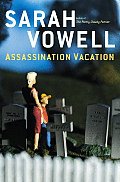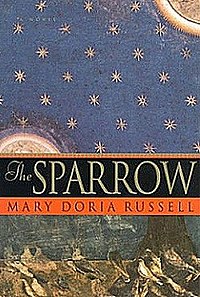For next month my book club is reading One Hundred Years of Solitude by Gabriel García Márquez. And that was my choice. But there's another reader inside me, too. And that reader likes to read fun books that are quick and consumable and exciting and pulpy and fun. Also, did I mention, fun?
That reader discovered Harry Dresden a few years ago. What's not to love? In Jim Butcher's contemporary urban fantasy series, Chicago looks much as it does today. Except that, in the Yellow Pages, there's a single listing for a "Professional Wizard." That's Harry Dresden, and he's an old-school private investigator who solves problems with little help from modern technology (electronics don't do so well around magic).
The novels might start like classic noir detective stories but soon the missing artifact or other de rigueur case turns out to have an occult twist. To sum up the awesomeness here, so far we have:
1) Funny series novels set in Chicago
2) Classic mystery set-up
3) Magic.
What's not to love? That's harder to put my finger on. But I found that I don't want to read two Dresden novels back-to-back. Butcher's voice grates on me after that and little . . . flaws? stylistic choices? character idiosyncrasies? . . . in the writing begin to call attention to themselves and draw me out of the story.
So I read the books one-at-a-time, with space between, because I really like to enjoy each one. These stories have it all: wizards, magical politics, faeries, goblins, trolls, zombies, vampires, werewolves, angels, priests, fighting, battles, war, romance, you name it and it's probably somewhere in this world. As an added bonus, the main characters are geeks.
Another benefit to the slow-read approach is that I didn't catch up to the author for a long time.
But when I finished Ghost Story (Book 13, naturally) last week, I was stuck. The next novel isn't due until next summer! And only one per year after that! Alas.
If the above description captures your interest, let me underscore that/reassure you in two ways: Butcher's writing improves as the series progresses, and the novels are better than the short-lived Sci Fi Channel series loosely based on the books.
If you've tried just one or two of the novels but haven't gotten hooked, I'd recommend perseverance. I was shocked - shocked! - at what happened in Changes (Book 12). It sent me scrambling for Side Jobs, an anthology of short stories and a novelette set between various novels in the series, as well as a novella set immediately after Changes. Then I rushed right into Ghost Story, which left me hanging deliciously.
I'm looking forward to book 14 - and it's worth noting that the author does have a planned story arc for the entire series, including an ending - but I think the first 11 novels, fun as they were, were worth reading as prelude alone for all the changes in books 12 and 13.
Recommended light holiday reading.
Click icon for more
book review blogs
@Barrie Summy
book review blogs
@Barrie Summy










